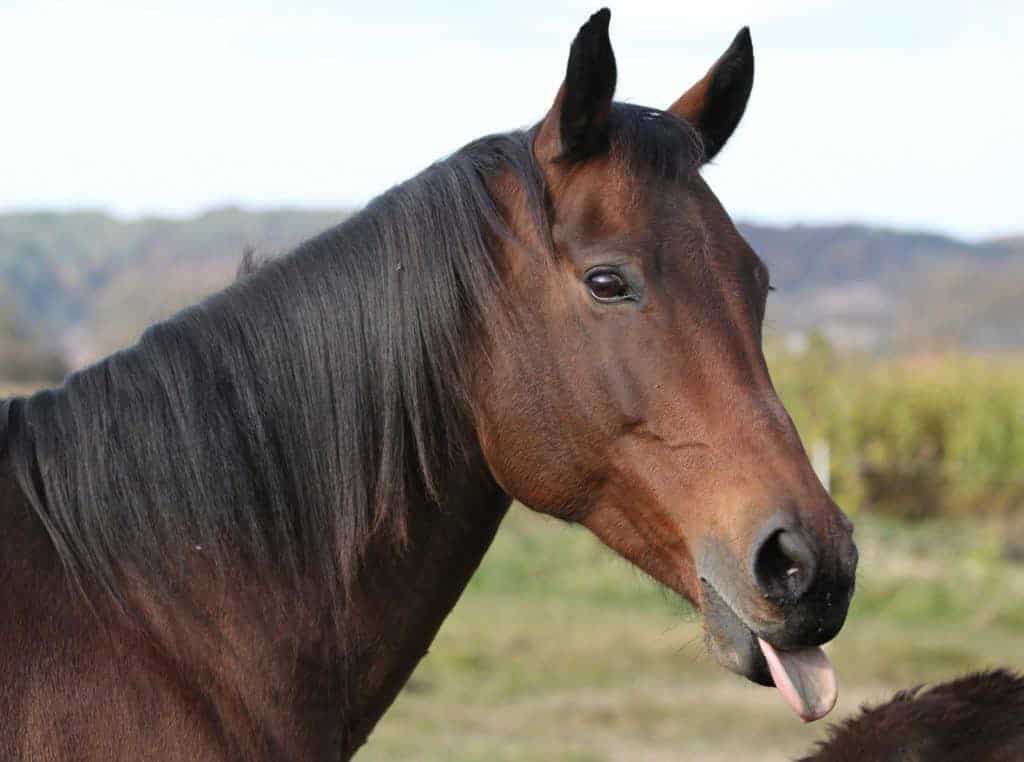
Feeding an OTTB-Turned Barrel Horse
Off-track Thoroughbreds have special nutritional needs as they begin transitioning to new careers.

Off-track Thoroughbreds have special nutritional needs as they begin transitioning to new careers.
Clinicians are evaluating a new investigational drug for treating equine gastric ulcers.

The event is designed to teach owners how nutrition can affect their horses’ health and longevity.

Dr. Shannon Pratt-Phillips surveyed elite show jumper owners/managers about their horse’s diets. Here’s what she found.

Studies focused on ophthalmology, gastrointestinal disease, foal medications, pain management, and more.
Speakers will discuss different aspects of feeding high-performance horses March 24 in Hunt Valley, Maryland.

Short-term omeprazole administration had no impact on horses’ blood calcium levels or bone mineral content or density.

The statement summarizes the current knowledge about ulcers and is designed to provide guidelines for veterinarians.

A reader wonders why her mare turns her head, grits her teeth, and sticks out her tongue.

Researchers found that 69% and 54% of polo ponies examined had glandular and squamous ulcers, respectively.

Ulcers were more prevalent in domestic horses than feral ones, but the latter group wasn’t immune to these lesions.

Researchers found that 34% of jumping horses examined had both squamous and glandular ulcers.

Dull coat? Cinchy? Thin? Your horse might be one of the 50-90% suffering from gastric ulcers. Get your gastric ulcer questions answered during our live Q&A event.

About 90% of performance horses and 25 to 50% of foals have ulcers. Here’s what to watch for and how to prevent them.
Studies indicate that some ulcer products contain a wide range of omperazole, from as little as 27% to as much as 126%.
A filly goes to the trainer and ends up sick and with ulcers. Will they return when she goes back into training?
Stay on top of the most recent Horse Health news with
"*" indicates required fields